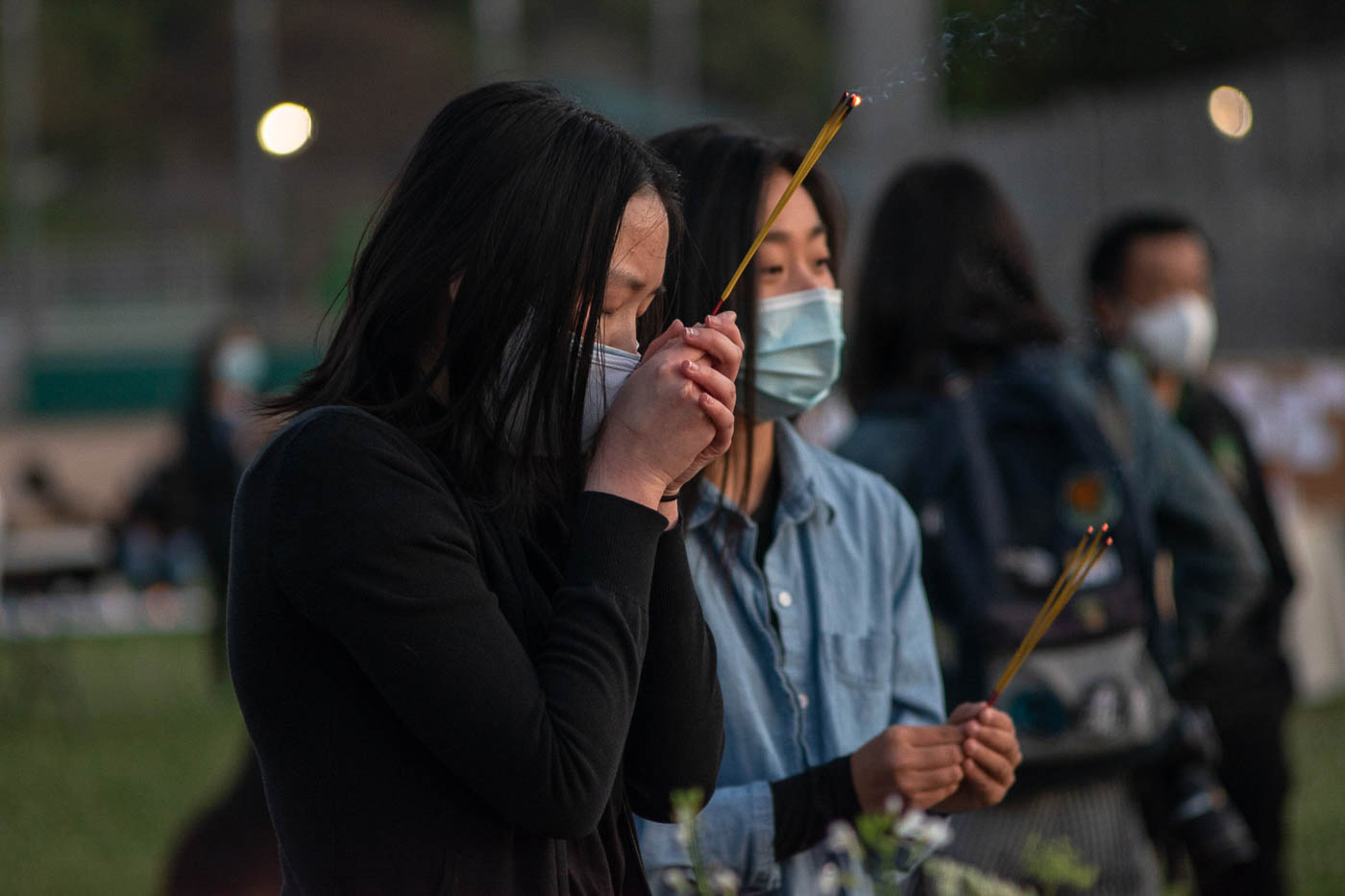Opinion: Poor media coverage of anti-Asian hate crimes worsens historical issues

Anti-Asian sentiment isn’t going away any time soon. Bruins should keep an eye out for racialized violence against Asian Americans even if they don’t read about in the news. (Chelsea Westman/Daily Bruin)
By Zoraiz Irshad
April 26, 2021 5:17 p.m.
America was built on the foundation that all people are created equal.
The recent litany of hate crimes against Asian Americans challenges this ideal.
The Stop AAPI Hate reporting center reported nearly 3,800 instances of discrimination against Asian Americans in the past year. From racial slurs to violent assaults, Asian Americans across the country have weathered a storm of bigotry.
And biased media coverage certainly isn’t helping.
On March 16, eight people lost their lives after a man went on a shooting rampage at spas in the Atlanta area. Six of those people were Asian American women. News coverage of the incident attempted to whitewash it, with law enforcement agencies hesitating to label it as a racially motivated crime. At a news conference, Capt. Jay Baker, the director of communications for the Cherokee County Sheriff’s Department, assured reporters that the shootings weren’t hate crimes. Instead, they were a result of “a really bad day” for a person “at the end of his rope.”
Some news outlets went so far as to point out the shooter’s faith, highlighting his involvement in a Bible club and his quiet nature.
This type of coverage perpetuates the narrative that it’s shocking for a white man to commit such crimes. By hesitating to identify the incident as a hate crime, mainstream media outlets neglect the long-standing struggles Asian Americans have faced since coming to the United States two centuries ago.
Downplaying cold-blooded murder only puts the Asian American community further on edge after a year of violent attacks. And as the future leaders of the world, Bruins need to stay educated and call these crimes out for what they are.
The disconcerting state of media coverage about anti-Asian rhetoric and discrimination is a result of the distinctive history Asian Americans carry.
“Asian Americans have been seen as a threat to the U.S. empire,” said Kyeyoung Park, an anthropology and Asian American studies professor at UCLA.
Those feelings have manifested into bigoted legislation. The Chinese Exclusion Act of 1882 restricted Chinese immigrants from entering the country. In 1924, Asian immigrants, with the exception of Filipinos, were denied citizenship and property titles. Then, in 1942, former President Franklin D. Roosevelt signed executive order 9066, which authorized the incarceration of approximately 120,000 Japanese Americans.
Despite these struggles, many don’t recognize that anti-Asian sentiment is ingrained in popular belief because of the model minority myth.
“When the mainstream media think about … communities that are oppressed, … Asian Americans don’t necessarily rise to the top in their thinking,” said Daniel Mayeda, a UCLA law professor. “Most people hear about … successful, well-educated Asian Americans (who) keep their head down, don’t make waves (and) get the job done.”
The model minority myth carries dangerous assumptions, perhaps the most dangerous of which is that racism against Asian Americans is tolerable.
“The perception that Asian Americans are usually not oppressed and, you know, they’re doing well … has allowed to some extent the media to not cover the series of hate crimes, discrimination and microaggressions … until fairly recently,” Mayeda said.
The media’s flawed coverage of the Atlanta shootings only highlights the industry’s failure to cover anti-Asian hate crimes. The Stupski Foundation, a grant-making foundation dedicated to addressing inequality in the Bay Area and Hawaii, said it only learned about a string of fatal hate crimes against Asian Americans through social media and online petitions.
While the traumas of the Asian American community may have been invisible in the past, they are becoming increasingly hard to ignore; Bruins should remember and learn from this.
“I’m just a common Asian … UCLA student, like this (violence) can happen to me. So it just makes you realize that like, you’re not as safe as you thought you were,” said Amy Nguyen, a fourth-year sociology student. “So it’s like almost a projection from society that you’re not supposed to be here.”
It’s possible that the underreporting of anti-Asian hate crimes is due to the lack of diversity among journalists. There aren’t many Asian American reporters who can bring focus to the community’s struggles, an issue that speaks to systemic biases inherent in the field. In the U.S., only about 9% of journalists are people of color, according to a Reuters Institute fact sheet.
But that’s no excuse to misreport or underreport anti-Asian hate crimes. In fact, it provides even more reason to confront racism head-on – both within and without the media landscape.
“I would say there really is kind of this existing understanding of the white, Black, the kind of binary understanding of race relations that can’t capture this kind of complexity of racial politics and racial identity,” Park said.
Bruins can and should take an active approach to help fight this lack of attention. Inside the classroom, we can take classes that teach us about Asian American history and talk about anti-Asian violence occurring in real time, Park said. Outside of the classroom, we can help with Asian American voter registration because voting is crucial and it will make a big difference in the long run, Mayeda added.
These difficult conversations are just gaining traction, and it falls on us to demand more accountability and compassion; it’s the only way we can heal.


